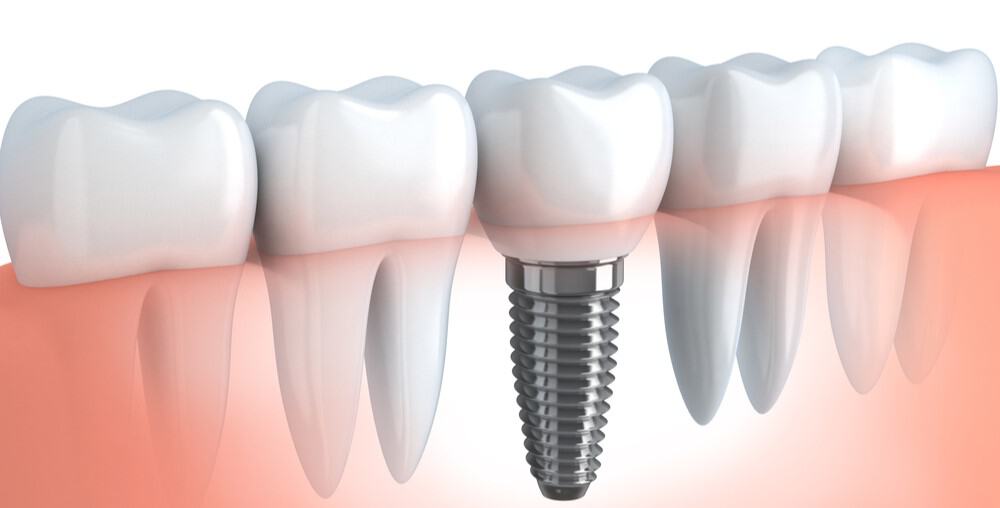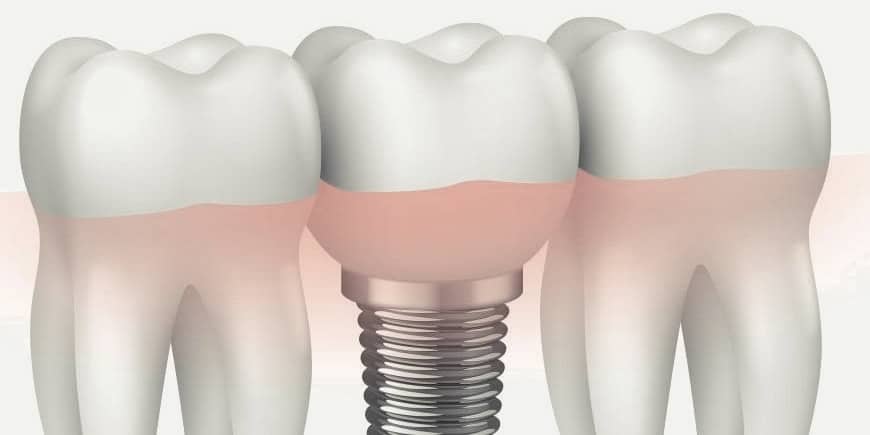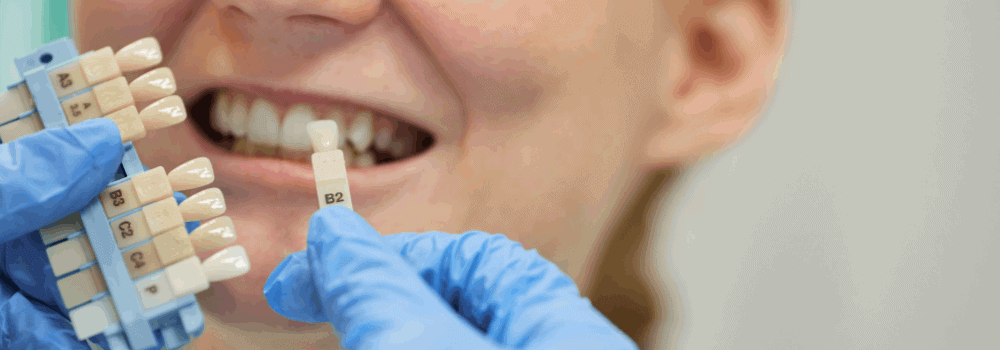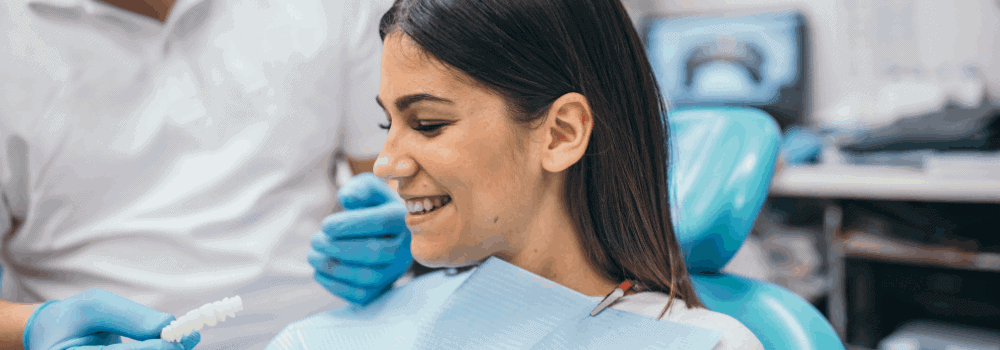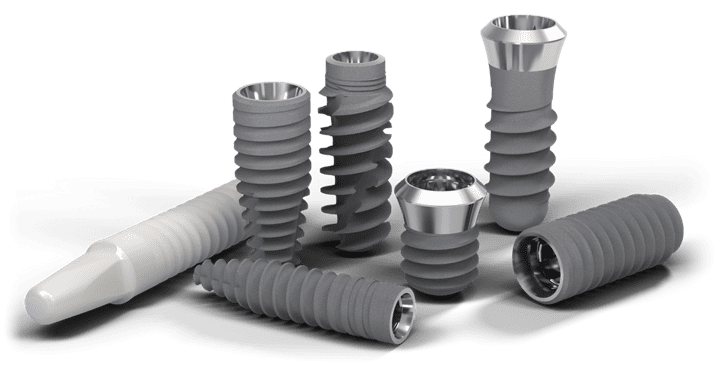
Which brand should you choose for your dental implants?
EL Cedro Barcelona is dedicated to providing top-quality dental care, starting with the careful selection of implant brands. Explore our meticulous criteria for choosing the best brands to ensure reliability, innovation, and patient satisfaction. 🏆Top 5 Implant Brands: Nobel Biocare (Swiss Company)Origin: Sweden / Founded: 1981): Nobel Biocare is the global reference in dental implantology. Renowned for its commitment to innovation, the brand offers superior quality dental implants, combining precision and reliability. Straumann (Origin: Switzerland / Founded: 1954): Straumann is synonymous with precision, excellence, and longevity. Widely recognized as one of the best in the dental implant industry for its superior quality dental solutions. Zimmer Biomet (Origin: United States / Founded: 2015): Zimmer was founded in 1927, Biomet in 1977. The two companies merged in 2015 to form Zimmer Biomet. This brand is globally acclaimed for its innovative products and ongoing research in the field of dental implants. Anthogyr (Origin: France / Founded: 1947):Anthogyr has built a solid reputation in the field of dental implants and surgical instruments. Renowned for its innovative and high-quality solutions, the brand embodies French excellence in dental implantology. Dentsply Sirona (Origin: United States / Founded: 2016): Dentsply Sirona was born from the merger of two major companies, DENTSPLY International Inc. (United States) and Sirona Dental Systems GmbH (Germany), in 2016. It distinguishes itself with its comprehensive range of dental products and technologies. 💰Top 5 Implant Brands: Accessible and Innovative: Discover the brands that offer an optimal balance between reliability and financial accessibility, thus meeting the needs of many patients. ✅ Alpha-Bio Tech (Origin: Israel / Founded: 1988): Alpha-Bio Tech made its mark in the dental implant industry before being acquired by Nobel Biocare in 2008. This collaboration strengthened its position, offering high-quality solutions at competitive prices. ✅ GC Aadva (Origin: Japan / Founded: 1899): GC Aadva offers quality dental solutions at a good value. This brand combines a long history of innovation with financial accessibility. ✅ Global D (Origin: United States / Founded: 1990s): Global D offers quality dental implants at competitive prices. The brand is appreciated for its balance between clinical performance and financial accessibility. ✅ Osstem (Origin: South Korea / Founded: 1997): Osstem offers reliable solutions at competitive rates. The brand is committed to making dental implants accessible without sacrificing quality. 👌Criteria for Choosing the Best Dental Implant Brand: Our clinic is dedicated to delivering top-tier dental care, starting with the careful selection of implant brands. We base our selection on a stringent set of criteria: Reliability and Reputation: Nobel Biocare, Straumann, Anthogyr, Alpha Bio, GC Aadva, and Global D are internationally acclaimed brands in dental implantology, signifying trustworthiness and reliability. Quality of Materials: Material quality is paramount in implant manufacturing. Each of these brands is renowned for using premium biocompatible materials, contributing to the success of procedures. Prosthetic Compatibility: They offer a comprehensive range of compatible prosthetic components, facilitating seamless integration into treatment plans. Scientific Research: Supported by extensive research, these brands bolster our clinic’s confidence in the clinical performance and safety of their implants. Guarantees and Quality Policies: With robust warranties and stringent quality policies, these brands provide assurance of treatment durability and long-term satisfaction. Adaptability to Patient Needs: Our clinic leverages the diverse options provided by these brands to tailor solutions to each patient’s specific needs, ensuring personalized care and aesthetic results. In conclusion, our selection of dental implant brands is guided by strict criteria to ensure exceptional quality care, safety, and patient satisfaction over the long term.

